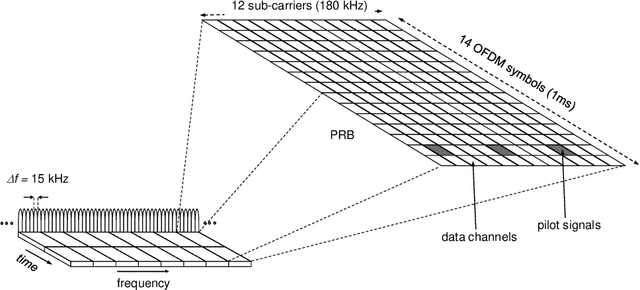Maksym Girnyk
Short text classification with machine learning in the social sciences: The case of climate change on Twitter
Oct 03, 2023



Abstract:To analyse large numbers of texts, social science researchers are increasingly confronting the challenge of text classification. When manual labeling is not possible and researchers have to find automatized ways to classify texts, computer science provides a useful toolbox of machine-learning methods whose performance remains understudied in the social sciences. In this article, we compare the performance of the most widely used text classifiers by applying them to a typical research scenario in social science research: a relatively small labeled dataset with infrequent occurrence of categories of interest, which is a part of a large unlabeled dataset. As an example case, we look at Twitter communication regarding climate change, a topic of increasing scholarly interest in interdisciplinary social science research. Using a novel dataset including 5,750 tweets from various international organizations regarding the highly ambiguous concept of climate change, we evaluate the performance of methods in automatically classifying tweets based on whether they are about climate change or not. In this context, we highlight two main findings. First, supervised machine-learning methods perform better than state-of-the-art lexicons, in particular as class balance increases. Second, traditional machine-learning methods, such as logistic regression and random forest, perform similarly to sophisticated deep-learning methods, whilst requiring much less training time and computational resources. The results have important implications for the analysis of short texts in social science research.
Deep reinforcement learning approach to MIMO precoding problem: Optimality and Robustness
Jun 30, 2020



Abstract:In this paper, we propose a deep reinforcement learning (RL)-based precoding framework that can be used to learn an optimal precoding policy for complex multiple-input multiple-output (MIMO) precoding problems. We model the precoding problem for a single-user MIMO system as an RL problem in which a learning agent sequentially selects the precoders to serve the environment of MIMO system based on contextual information about the environmental conditions, while simultaneously adapting the precoder selection policy based on the reward feedback from the environment to maximize a numerical reward signal. We develop the RL agent with two canonical deep RL (DRL) algorithms, namely deep Q-network (DQN) and deep deterministic policy gradient (DDPG). To demonstrate the optimality of the proposed DRL-based precoding framework, we explicitly consider a simple MIMO environment for which the optimal solution can be obtained analytically and show that DQN- and DDPG-based agents can learn the near-optimal policy to map the environment state of MIMO system to a precoder that maximizes the reward function, respectively, in the codebook-based and non-codebook based MIMO precoding systems. Furthermore, to investigate the robustness of DRL-based precoding framework, we examine the performance of the two DRL algorithms in a complex MIMO environment, for which the optimal solution is not known. The numerical results confirm the effectiveness of the DRL-based precoding framework and show that the proposed DRL-based framework can outperform the conventional approximation algorithm in the complex MIMO environment.
 Add to Chrome
Add to Chrome Add to Firefox
Add to Firefox Add to Edge
Add to Edge